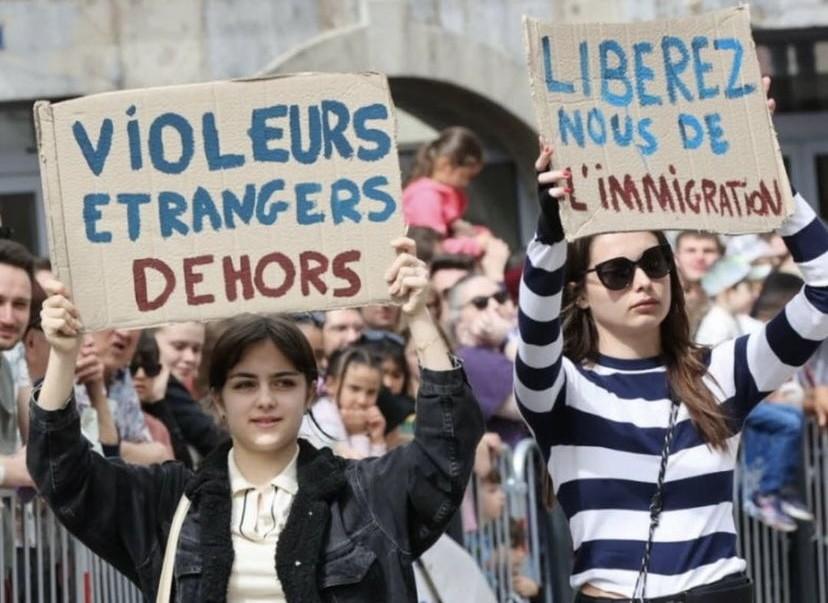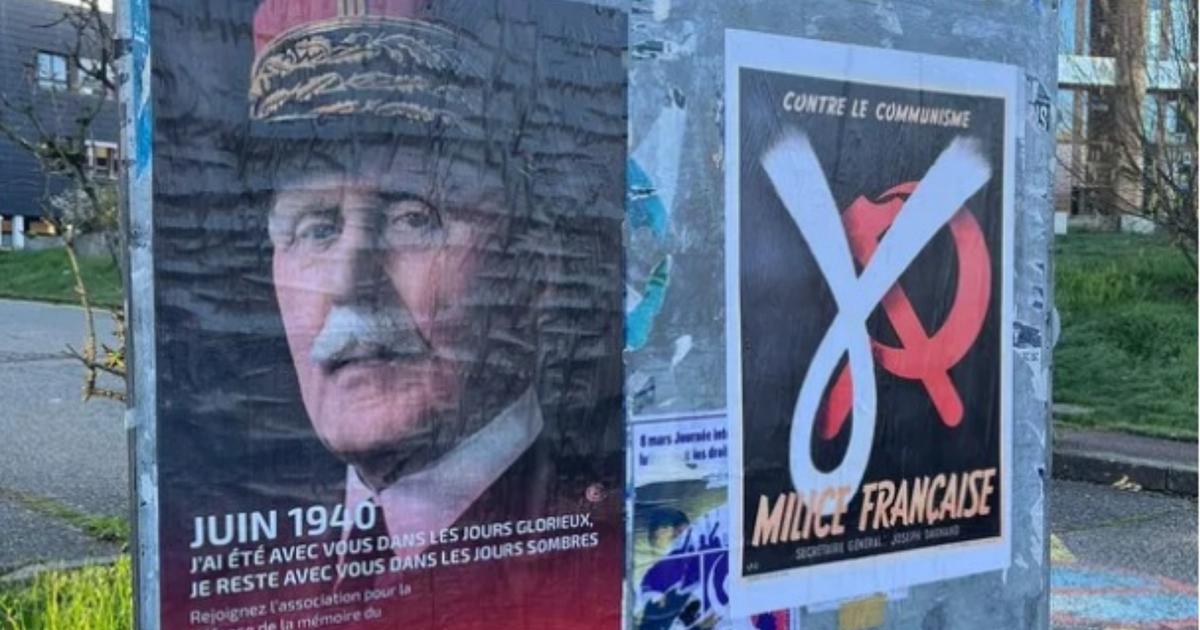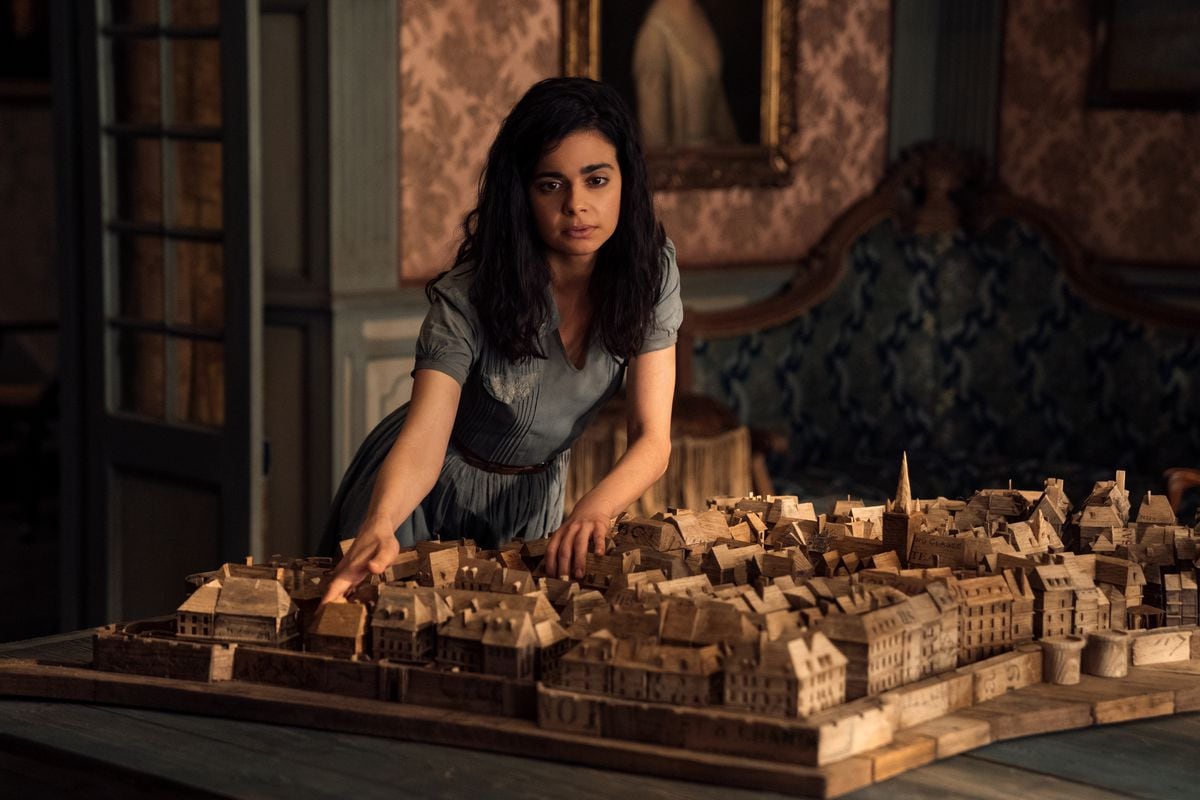Daniel Cordier (1920-2020) had a dream during the dark years of World War II: to visit the Prado Museum one day, when all that was over.
"When the war is over, I will take him to the Prado, in Madrid, and teach him something that is very important," promised Jean Moulin, the head of the French Resistance.
Nazi Germany was occupying France and Moulin and his young secretary, Cordier, lived in hiding.
When they were in a public place and they believed that someone might be listening, the chief would instruct his disciple about the world of art, a conversation that could not arouse any suspicion.
Cordier died on Friday at the age of one hundred.
He was a legend in the epic of resistance: the penultimate living member of the Order of Liberation, created by General de Gaulle in 1940 after leaving for London and calling on the French to fight Nazism.
Years with Jean Moulin would have been enough to justify one life, but that adventure-hungry adolescent who left a comfortable life to join de Gaulle had many others.
He was an art dealer after the war and his last decades were dedicated to re-establishing the memory of Moulin.
"Daniel Cordier's entire life was driven by an unprecedented taste for freedom, an impetuous courage, an insatiable curiosity and, above all, an immense love for France," the Presidency of the Republic said in a statement.
After Cordier's death, there is only one
Companion of Liberation
alive: Hubert Germain, a soldier in De Gaulle's Free French Forces.
Author of
Alias Caracalla
, a memoir published in 2009, Cordier was homosexual at a time and an environment in which it should not have been easy to be.
When
asked
a few years ago by
Le Monde
if he would write about it, he replied: "Although I have never hidden myself, I have never talked about it, because they are difficult things to write, especially for a man of my generation."
Cordier was born on August 10, 1920 into a bourgeois family in Bordeaux.
His parents separated when he was four years old.
Her mother's husband instilled in her the anti-Semitic, nationalist and monarchical ideology of the extreme right of that time, who had devotion to the writer Charles Maurras, and Marshal Philippe Pétain, hero of the Great War.
In May and June 1940, seeing how in a few weeks France succumbed to the German blitzkrieg and Pétain capitulated, he suffered the great disappointment of his life: everything he had believed in collapsed.
He had not yet turned twenty and his military experience was nil, but he felt an irrepressible impatience to go “kill
boches,
” the derogatory word for Germans.
On June 21 he embarked in Bayonne for England, where he joined the Free French Forces of De Gaulle.
On July 25, 1942, he parachuted into central France.
He put himself at the service of the mysterious Rex, who from Lyon was trying to unite opposition groups and currents.
That world changed him: the contact with resistance from other ideologies and the realization that many of his were collaborating with the Nazis, led him to abdicate his reactionary faith.
Rex was Jean Moulin, the youngest prefect in France.
In June 1940, when the Germans entered Chartres, the seat of his prefecture, he was tortured for the first time.
De Gaulle's delegate in the interior of France, Moulin had as a cover an art gallery in Nice.
In May 1943 he managed to unify the resistance under the National Council of Resistance.
On June 21 of the same year, he was arrested and tortured by the Gestapo.
He died on July 8 on a train to Germany.
His ashes rest since 1964 in the Pantheon.
"Enter here, Jean Moulin, with your terrible courtship, with those who, like you, died in the cellars without having spoken, and even, what is more atrocious, having spoken ...", said the writer André Malraux at the funeral ceremony .
After Hitler's defeat, Cordier opted for discretion.
He remembered that, since he was a child, he had been fatigued by the battles of the ex-combatants of the First World War.
I didn't want to be like them.
Inspired by conversations with Rex, he began buying paintings by contemporary artists such as Jean Dubuffet.
He founded a gallery with branches in Frankfurt and New York.
He participated in the creation of the Pompidou Center.
In the seventies he began his third life: that of a historian, determined to deny the accusation that Moulin had worked for the Soviet Union.
"Until the Liberation, I ignored Rex's real name, which no one had ever said in front of me," he writes in
Alias Caracalla
. A thread ran through the three lives of Daniel Cordier: resistance, art, Jean Moulin. After the chief's assassination, after completing his mission in France, Cordier escaped through the Pyrenees. He was arrested by Franco's Spain. After being released, he told
Le Monde
in 2018, he thought he could fulfill his dream. "I am in Madrid with some comrades," he recalled. "They tell me: 'Come with us to the brothel.' I answer: “Ah, no. I'm going to the Prado ”. They: 'What is that?' Me: 'A museum'. I can tell you that they totally didn't care. So I went alone. And that is where I came across painting ”. Rex was never able to accompany him.









